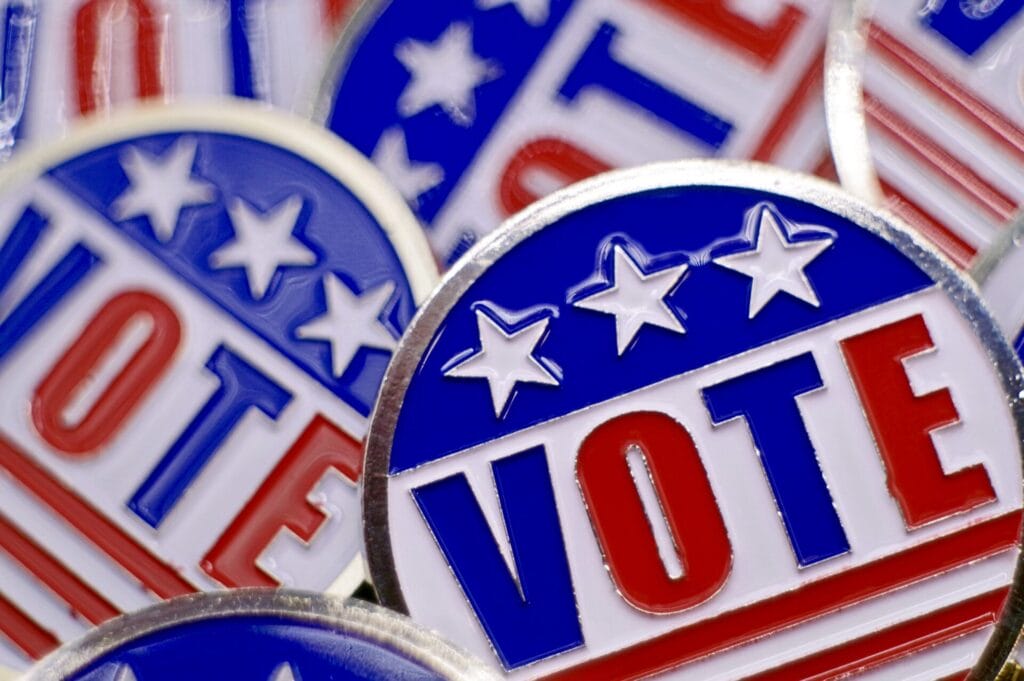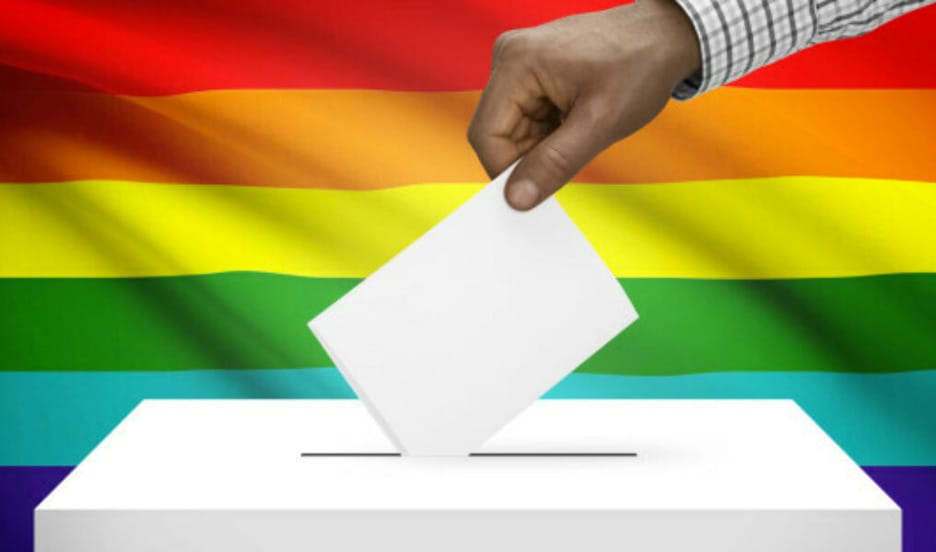Alongside the presidential race and major races in U.S. Congress and state legislatures, Americans showed up this election to enact groundbreaking ballot measures that will improve LGBTQ lives and allow them to better care for themselves and their families.
Voters in Colorado, California and Hawaii passed ballot measures enshrining freedom to marry protections into their state Constitutions. The 61% majority of California voters who said yes to marriage equality in 2024 is an especially meaningful leap in public opinion in contrast to the passage of Proposition 8 in 2008, which had done the exact opposite and banned marriage equality.
Although the Supreme Court ruled in favor of same-sex couples’ freedom to marry in 2015 and Congress and President Biden codified the protections through the Respect for Marriage Act, passed in December 2022, the extra layer of protection in state statutes will provide comfort and security to families. Should the President or Supreme Court attempt to overturn marriage on the national level—which they’ve indicated they would do—these state-level updates will provide cover in an ever-changing landscape of courts, Congress, and the presidential administration.

Twenty years ago, opposing marriage equality was a solid political wedge issue for Republicans. In 2004, more than a dozen state-level constitutional amendments flooded the country seeking to preemptively prohibit marriage equality and President George W. Bush ran on a platform of banning marriage for same-sex couples on the federal level. Now, according to 2024 Gallup polling, a near-record high of more than two-thirds of Americans support the freedom to marry – compared to 27% of Americans when Gallup first polled about the topic in 1996 and 68% who did not. The shift in support can be attributed to the tremendous long-term public education and deep canvassing work done by LGBTQ advocates to change hearts and minds, and to familiarize a wide range of Americans with the fact that same-sex couples marry for similar reasons as anyone else: love, commitment, and family.
In addition, voters in a number of states showed yet again this election that abortion, reproductive health care, and the freedom to make decisions about our bodies are basic rights supported by a majority of Americans. In New York, voters said yes to Proposition 1, the state’s equal rights amendment enshrining protections for women, transgender people, immigrants, people with disabilities, and other marginalized groups of people permanently under state law. Some highlights of the amendment include protections for pregnant people and those seeking abortion and reproductive health care; and explicit nondiscrimination protections on the basis of gender identity and gender expression. Proposition 1 passed by a margin of just over 61% despite a slew of anti-transgender attacks by opponents of LGBTQ equality seeking to spread misinformation.

Maryland voters also elected to enshrine access to abortion and birth control in their constitution, with a sweeping 74% in favor of the amendment. A similar proposal passed by ballot measure in Missouri, overturning some portions of the state’s abortion ban following the U.S. Supreme Court’s reversal of Roe v. Wade. In Florida, an impressive 57% of voters supported the state’s proposition in support of abortion rights—but the measure will not take effect, as the state requires a 60% majority in order to be implemented. Nevertheless, the high numbers on the side of reproductive freedom in a DeSantis administration that has consistently attacked women and LGBTQ people shows a growing tide against government interference in health care. Finally, voters in Nevada, Arizona, Colorado, and Montana all decisively said yes to expanding access to reproductive freedom.
Although the presidential election did not go the way many LGBTQ voters and allies hoped, there are many bright spots where a majority of Americans are affirming fundamental basic tenets of freedom and choice; as well as electing high numbers of out LGBTQ politicians in historic positions. To learn more, visit GLAAD’s recaps of transgender candidates who won their elections and states that expanded access to reproductive health care, and our statement on the results of the presidential race.














